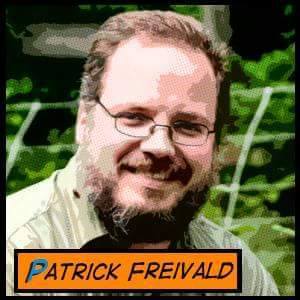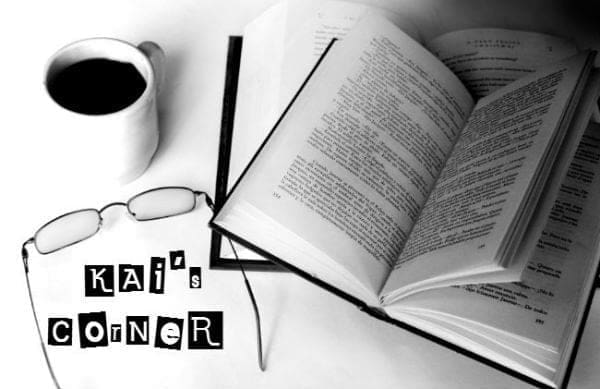Patrick Freivald “On Writing Action Scenes”

Have you ever read an action scene that makes you want to take a nap? Ever read one that blows your socks off?
Compared to the written word, action in movies is easy—tight and long shots, frenetic shaky-cam and long close-ups on agonized (or ecstatic) faces, manipulation of time through slow-mo or fast-mo…an action scene flashes from detail to detail in order to maximize the emotional impact of every….
Oh, wait, that’s not so different. In movies and in written stories you want to “show not tell” the action, and it doesn’t much matter whether the scene is on a screen or projected directly into the brain via the written word.
If you study the action sequences of thriller writers such as Larry Correia, Jonathan Maberry, Dean Koontz, and Lee Child, you’ll find the same elements used in film. I had the great fortune of working with Joe McKinney on a graphic novella for Dark Discoveries Magazine, and he did me the unintentional but enormous favor of asking the same question over and over again: what’s the emotional impact? You don’t have to describe the impact, and during action it’s usually better if you don’t—but if it happens on the page, it has to matter to the characters in one way or another.
Action scenes have to matter. They have to flow, from one vignette to another, from long sentences to short, from jagged, repeated rhythms to drawn-out, languorous blood-spatter. Cut. Slice. Vary your sentence length. Make grammar and punctuation serve the effect you’re trying to achieve, and break the rules with enthusiasm if you need to.
Use short paragraphs.
Draw out important details with rolling sentences almost out of place in the visceral action. But don’t obsess so much on one little detail at the expense of moving things along; the slo-mo shots in The Matrix worked, but those utterly forgettable action movies that show the same kung-fu move from five different angles and three different speeds are, well, they’re downright forgettable.
Watch your pacing, especially when it comes to dialogue in the middle of an action sequence.
“Bob, what are you doing?”
“Oh, you know. Just smothering the action in its sleep by sidetracking into this monologue, which I really shouldn’t have time for what with all the shooting going on. But you know, sometimes you just have to get a message out to the reader, or show some characterization, and if the opportunity presents itself, then—” BLAM. Flop.
Sorry, Bob. We’ve got good stuff to read.
—
 By day, Patrick Freivald is an author, high school teacher (physics, robotics, American Sign Language), and beekeeper. He lives in Western New York with his beautiful wife, two birds, three dogs, too many cats, and several million stinging insects. A member of the HWA and ITW, he’s always had a soft spot for slavering monsters of all kinds.
By day, Patrick Freivald is an author, high school teacher (physics, robotics, American Sign Language), and beekeeper. He lives in Western New York with his beautiful wife, two birds, three dogs, too many cats, and several million stinging insects. A member of the HWA and ITW, he’s always had a soft spot for slavering monsters of all kinds.
He is the three-time Bram Stoker Award®-nominated author of Twice Shy, Special Dead, Blood List (with his twin brother Phil), Jade Sky, and Black Tide, as well as the novella Love Bites, a growing legion of short stories, and the Jade Sky graphic novella (with Joe McKinney) for Dark Discoveries magazine. There will be more.









